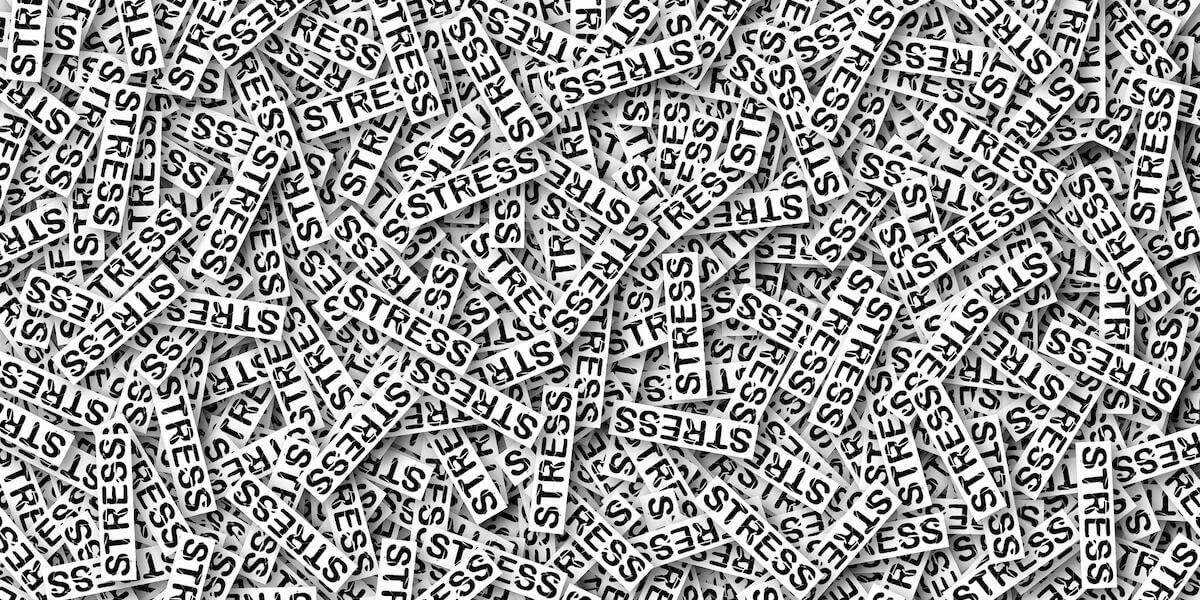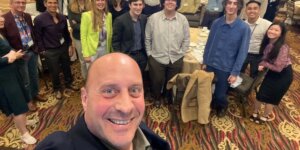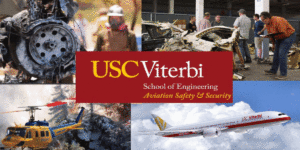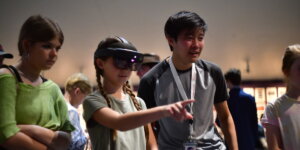
PHOTO/THEDIGITALARTIST, PIXABAY
No matter who you are or what you do, chances are you know what it feels like to be “stressed out.” In a survey conducted by the American Psychology Association, Millennials and Gen Z participants reported the highest levels of stress—5.7 and 5.3 out of 10 respectively. From environmental concerns (e.g. safety, climate change and politics) to personal ones (e.g. finances and fear of failure), youth are struggling more than ever to manage impossible pressures and expectations. The result: depression, anxiety and a constant, foreboding stress.
One culprit of all this stress might be the “arms race” for college admissions suggested Garrett Reisman, professor of astronautics practice in the USC Viterbi Department of Astronautical Engineering. Recalling an awards ceremony he attended at the University of Pennsylvania, where students were acknowledged for outstanding leadership, he said the list of accomplishments earned by students younger than 20 were overwhelming. “It felt like too much. You have to do so much now to feel you are succeeding.”
Last week, to address his concern over the impact of such high-level stress on young people, Reisman hosted a two-day micro-seminar at USC from August 22 – 23. Joined by 21 freshmen, he discussed human spaceflight, sharing lessons learned as an astronaut in the NASA Space Shuttle and Space Station programs, as well as at SpaceX. Using these experiences to open dialogue on expectations and pressures, Reisman and students identified negative influences, like social media, on general mental well-being and strategies to prioritize what matters.
“I tried to dispel the myth of our lives and careers having an uninterrupted upward trajectory. Life has its ups and downs. When you try so hard to protect yourself from a down, you will likely avoid doing meaningful things,” Reisman said.
Student participants represented majors including architecture, business, engineering, international relations, theatre, sociology, physics and applied and computational mathematics. Reisman asked the students to fill out a survey and assign values to 10 different statements ranging from 1 (Disagree) to 10 (Agree). The statement “I’m kinda stressed out” received an average score of 5.9. “I have too much to do to waste time partying with friends” also scored an average of 5.9 while “I am concerned that I won’t do well enough to succeed” was scored by the incoming students at 5.5.
At the same time, they did have positive feelings too. “I am happy and excited about starting my USC experience.” received an average score of 8.9 and an average score of 7.1 was given to “I am willing to try something completely new and challenging even if it hurts my GPA.” Finally, “I worry about making it through USC to graduation” only received a 3.2.
Said Reisman: “This is an ongoing concern and interest I have, as an educator and as a father of young children. We [USC] as an institution need to be sensitive to and focus on this issue, because it’s not one that has easy solutions, but greatly effects our students.”
To help students put their stress in perspective, Reisman offered a few key lessons learned from performing high-pressure, high-cost missions in space.
They are:
1. Don’t fear failure
The only way to never fail is to never try anything hard. Even if there are consequences to that failure, it’s better to do it now and learn something from it. Even at SpaceX, rockets blow up.
2. Put the failure in context
It might feel like the world is ending if you get a bad grade or miss out on an opportunity. But in truth, very few failures at this stage in your life are impossible to recover from.
3. Have fun!
The last point—“have fun”—might sound trite, but in fact, it’s a key strategy to learning, succeeding and reducing stress, one that Reisman highlights often. “As a crew on the shuttle, our number one priority was safety. The second was to accomplish the mission, but the third priority, which was almost just as important as the first and second, was to have fun. It was really emphasized by our commander and looking back now, it was probably more important than the success of our mission. It lifted the whole team up.”
Published on September 11th, 2019
Last updated on September 11th, 2019













